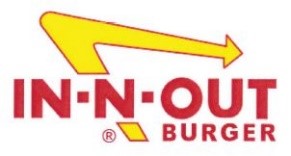U.S. Supreme Court Allows Booking.com to Trademark Its Domain Name
On June 30, 2020, the U.S. Supreme Court held in U.S. Patent and Trademark Office v. Booking.com B.V., 591 U.S. ___ (2020) that “Booking.com” is eligible for trademark registration because consumers do not perceive “Booking.com” as a generic name.[1] The 8-1 decision written by Justice Ginsburg rejected the U.S. Patent and Trademark Office’s argument that when a generic term is combined with a generic Internet-domain-name suffix like “.com,” the resulting combination is necessarily generic, noting that such an unyielding legal rule that entirely disregards consumer perception is incompatible with the Lanham Act.
Read More
